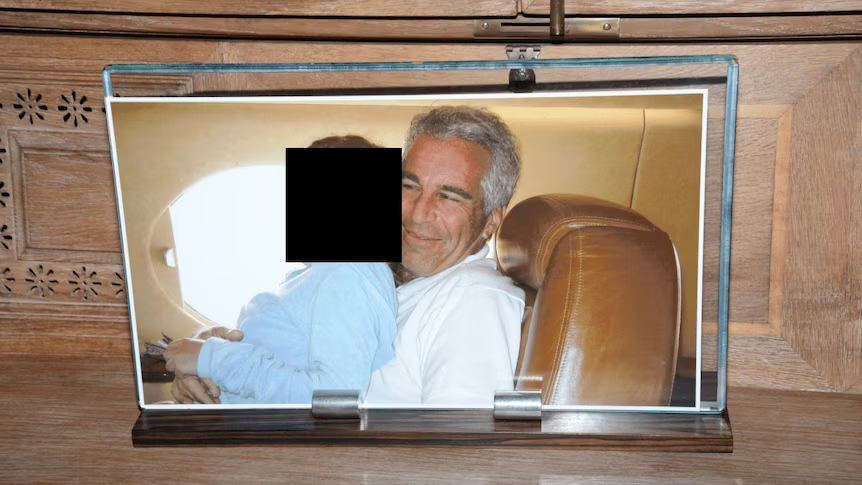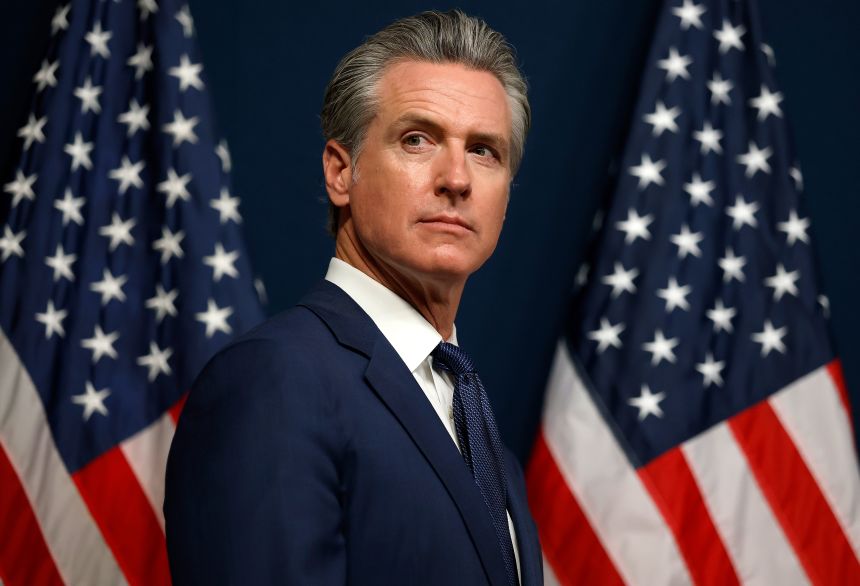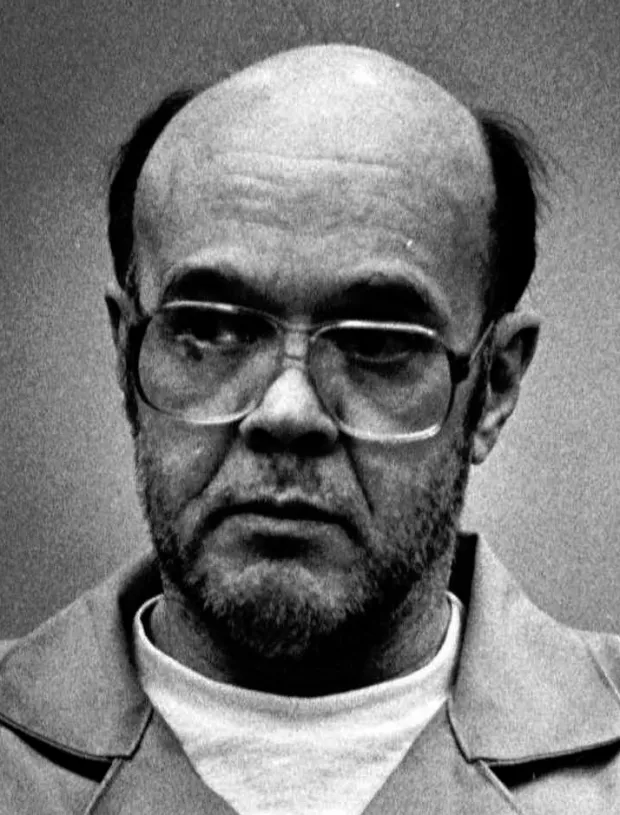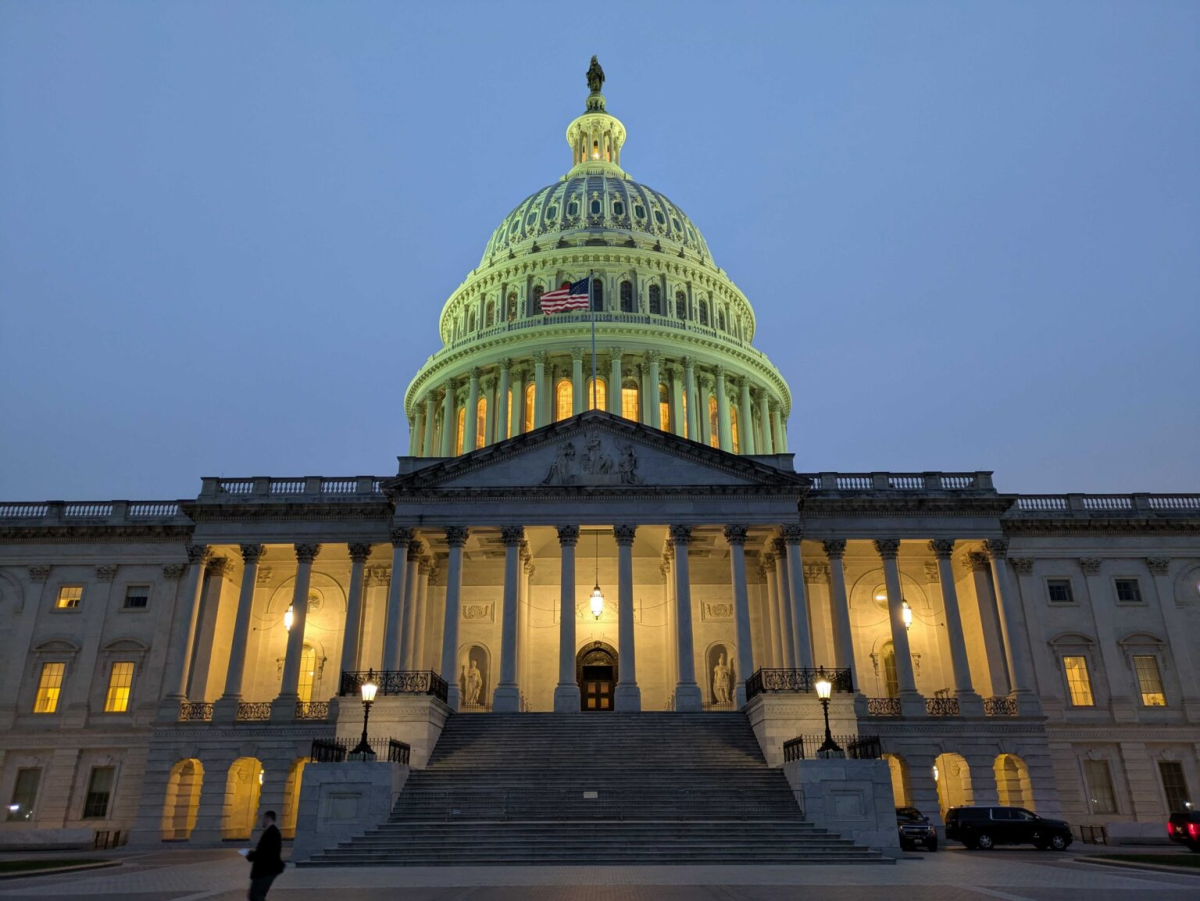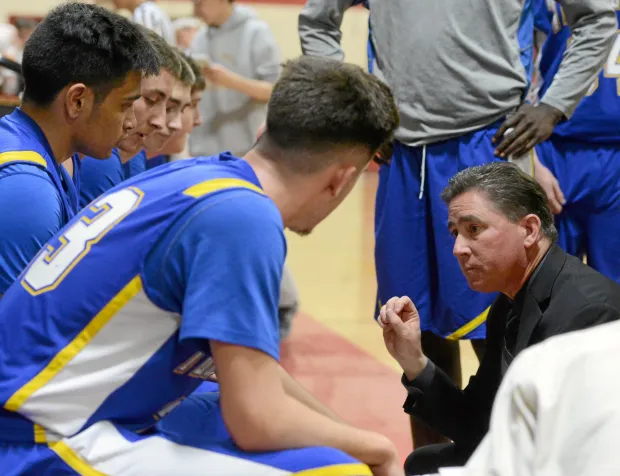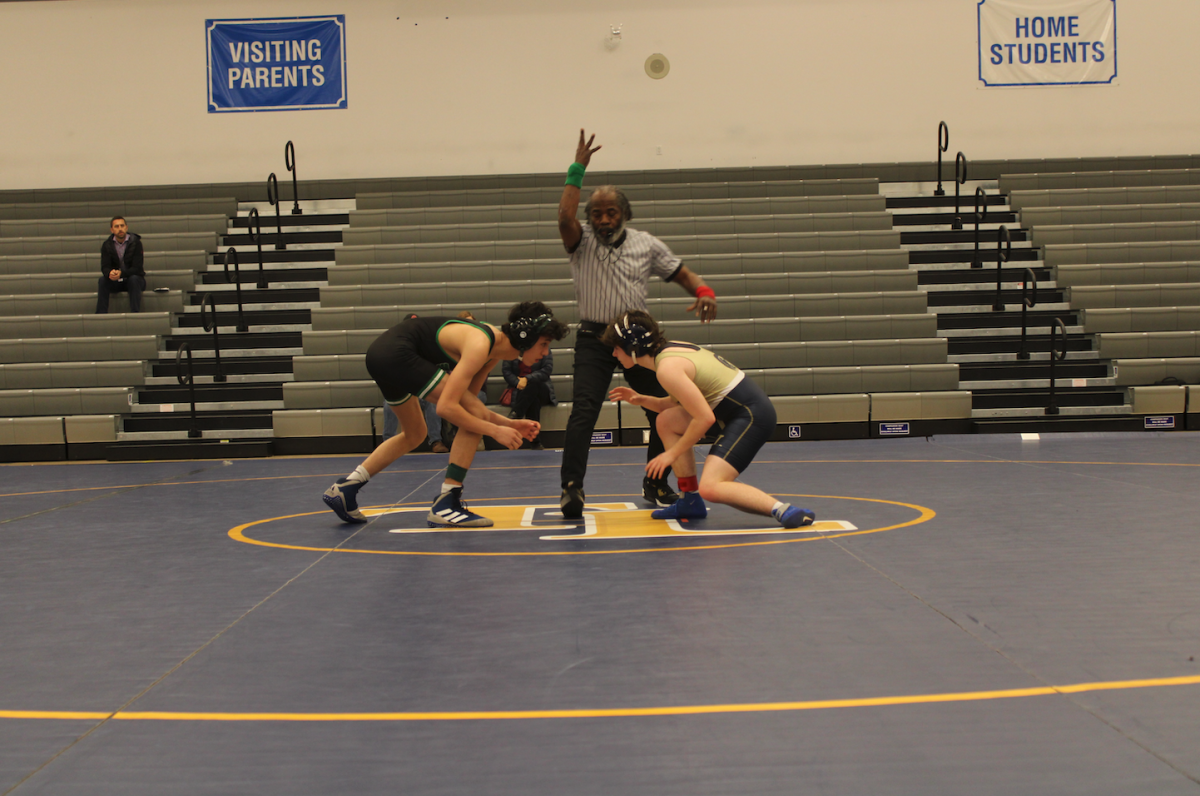Inherit the Wind Review
November 13, 2017
A story of freedom of speech, freedom of beliefs, and freedom of thought, this timeless play published in 1955 by Jerome Lawrence showcases a high school science teacher dedicated to the truth in the ensuing debate between the ideologies of Creationism and Darwinism. Both these ideologies attempt to explain the origin of the human species, the former using a religious approach, and the latter relying on scientific methodology (the theory of evolution.) While initially written in response to McCarthyism, the prevalent practice during the 1950’s of accusations without proper evidence, the message remains pertinent to the current political atmosphere in America.

A passionate high school science teacher, portrayed by Billy Baumeister, stands up in court to defend his freedom of speech, specifically the right to teach the principle of Darwinism.
The play follows the events of the infamous “monkey trial” of 1925 in Dayton, a small town in Tennessee, however the setting falls second to the powerful messages interwoven throughout the play. Alex Pryor, the play’s director, explains that the cast wasn’t forced to be bound to the conventions of the 1920’s, and were given a little more freedom to express themselves without the need to be completely historically accurate.
This artistic liberty shone through the actors, and they delivered the clashing of ideas and dogma maturely and passionately. The audience was in awe during the dramatic courtroom debate between dueling fictional lawyers Mathew Brady and Henry Drummond, each fighting for their individual versions of the truth. While Brady ends up winning the case, Drummond humiliates Brady by using her knowledge of Creationism against him, presenting discrepancies between the bible and natural law. This shocked the fictional jurors and entertained the live audience.
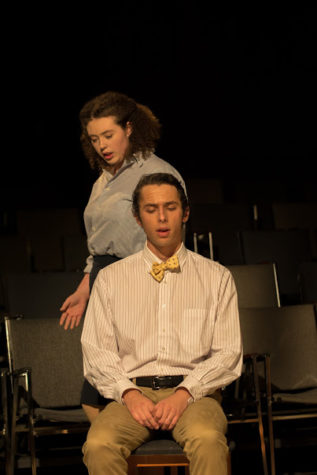
Drummond, portrayed by Miranda Craig, cross-examines rival lawyer Brady, portrayed by James Goff, attempting to use his knowledge of the Bible against him.
While the debate between Creationism and Darwinism was more of a hot topic during the 20th century than the 21st, the messages of individual thought and not blindly subscribing to generalized, substance-less slogans remains relevant. Especially during these times of prevalent biased news and finger pointing, independent reasoning and the freedom to explore different trains of thought is more important than ever.
Pryor revealed that he even found his own feelings about freedom of expression challenged by the themes of Inherit the Wind. He elaborates by explaining the importance of allowing all ideas, even the ones we might not necessarily agree with, to be expressed without censorship. While abhorrent and disgusting concepts such as Nazism have no place in modern society, if discussion around these topics is restricted, rejected, or dismissed, the danger multiplies that these ideas will fester and strengthen if unchecked.
Along with the importance of equal freedom of speech among all philosophies, Inherit the Wind advocates for respectful discourse and discussion. Even though lawyers Drummond and Brady were rivals in the courtroom, Drummond defends Brady’s right to argue for his theology. When Brady’s reputation and legacy is attacked by an exposé journalist, Drummond, despite her conflicting beliefs, supports Brady’s right to express himself and his ideas. This message of recognizing the opinions of others without instant disdain remains relevant in this current political era of disregard and disrespect for differing ideologies.

Drummond defends Brady’s reputation from the slander of a fiery journalist (portrayed by Laurel Taylor)
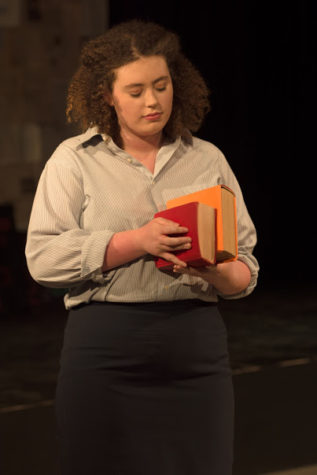
Drummond ponders the values of the Bible and On the Origin of Species
Perhaps the most powerful moment in the production is the final scene, where Drummond weighs in one hand the bible, and in the other, Darwin’s literature On the Origin of Species. Representing the balancing scales of justice, Drummond ponders these two dogmas and attempts to judge the importance of one over the other. Failing to reach a conclusion of superiority of one or the other, Drummond determines the two books to be equal and exits the stage.
One person’s facts may be another person’s lies, and vice versa. However, Inherit the Wind highlights the importance of the ideologies of, even in disagreement, individual thought, freedom of speech, and respectful discussion.



